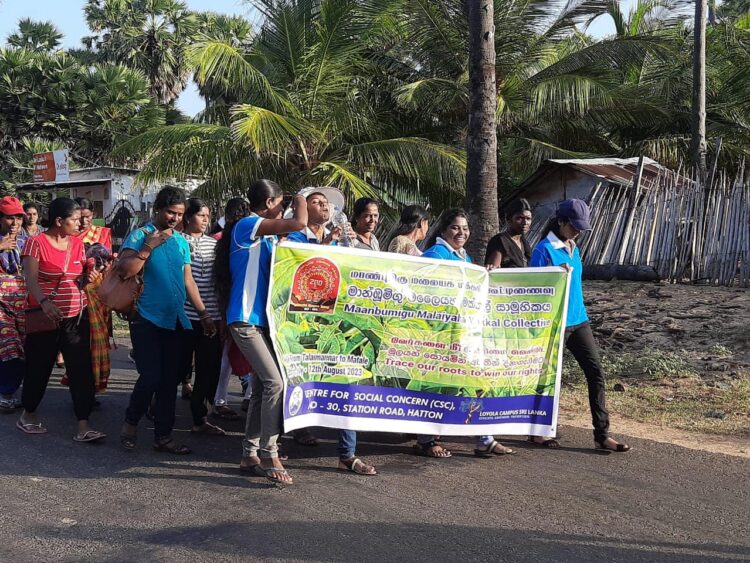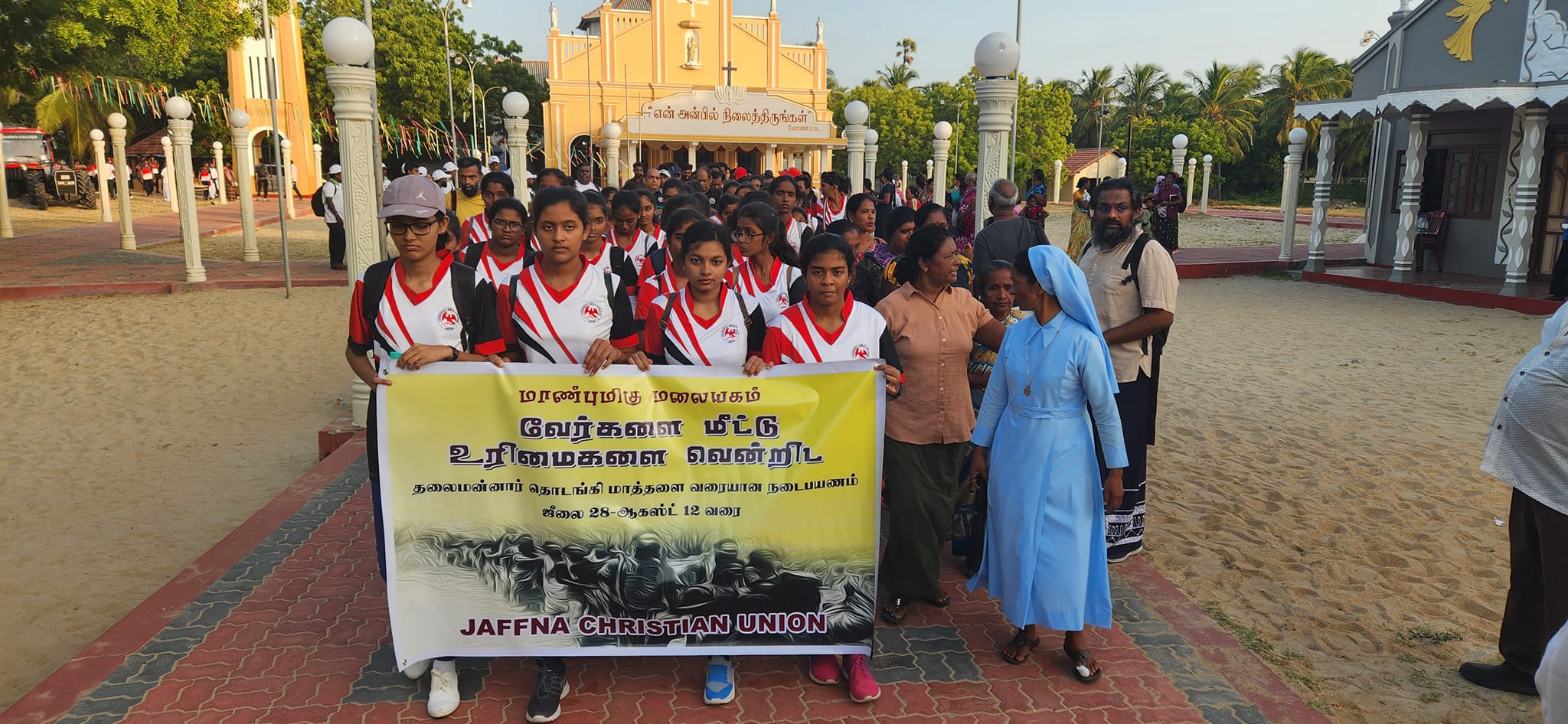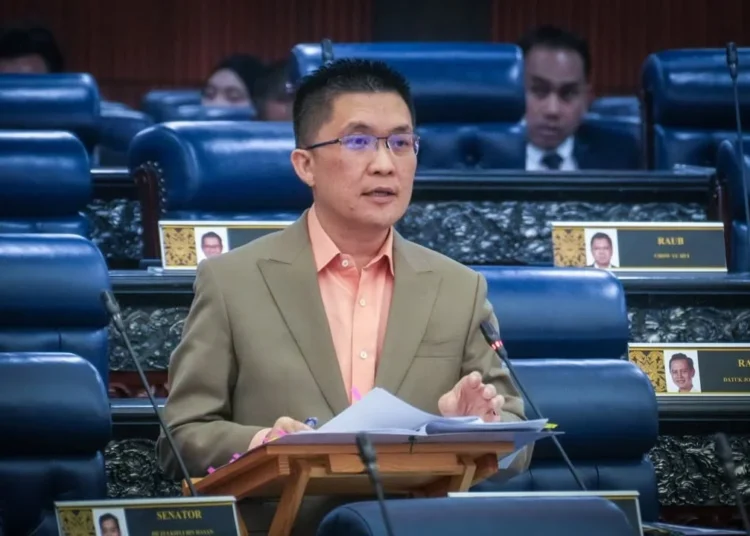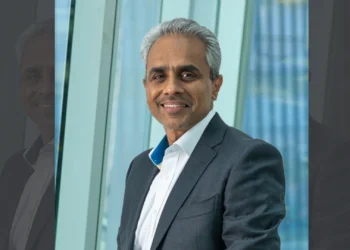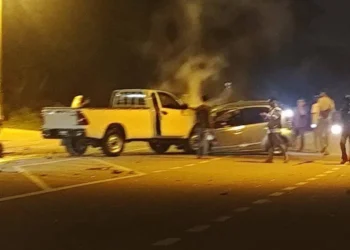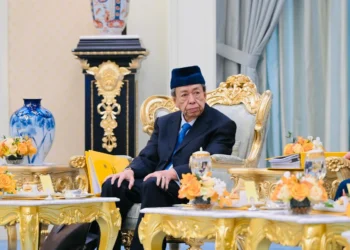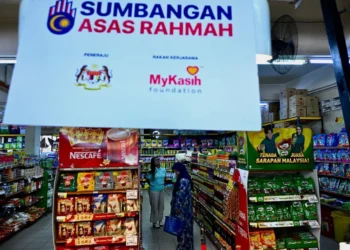To commemorate the 200th anniversary of the arrival of Malaiyaha Tamils to Sri Lanka, a powerful march from Talaimannar to Pesalai has been organised. This historical walk is organised by the Maanbumigu Malaiyaha Collective, a coalition of organisations and individuals who are devoted to the liberation of the Malaiyaha people. The term Maanbumiga was effectively used to express the immense amount of pride and dignity the Malaiyaha people have for themselves and their ancestors. The organisers have expressed that the 240-kilometre walk from Thalaimannar to Matale is meant to be an act of collective resistance and reclamation for the incredibly exploited Malaiyaha Tamils. In their arduous journey, they hope that the Sri Lankan government and its Sinhala and Muslim citizens will come to understand and show solidarity with their plight and struggle for freedom. Although it has been 200 years since the Malaiyaha Tamils have lived in Sri Lanka, a majority of these labouring masses are still landless, living in inhumane conditions, being paid slave wages, and some do not even possess citizenship. Children from this community face incredible hardship in trying to attain education. These are some of the many struggles and humiliations that the Malaiyaha Tamils face, a people who have been reaped of their blood, sweat, and tears for the monstrous growth of local capitalists and foreign imperialists.
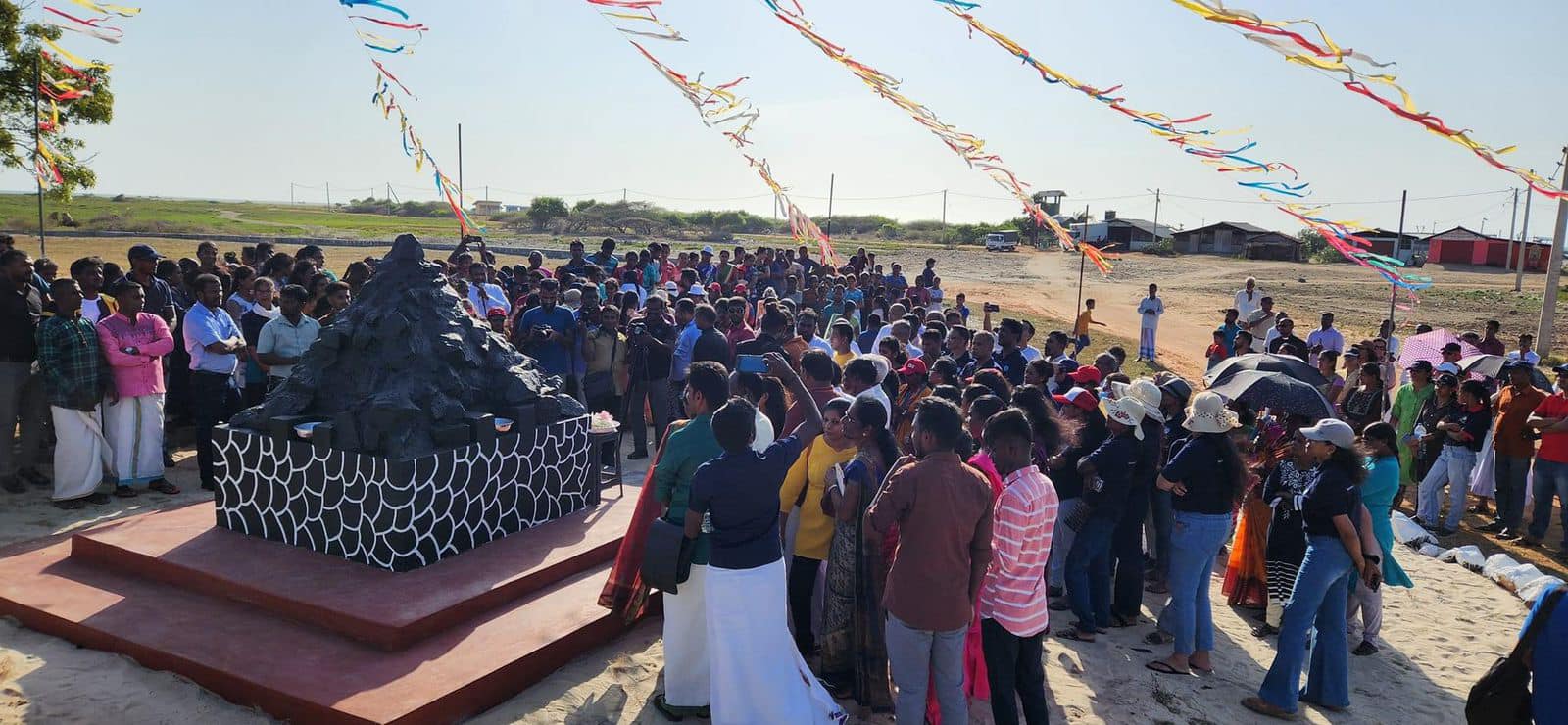
Malaiyaha Tamils are the Tamil community of labourers who reside in the Hill Country of Sri Lanka. This year marks 200 years since they were forcibly brought to the island by British colonists as indentured labourers. Their history and struggle for liberation reveal just how much colonialism and feudal systems are still alive and operating in these “post-colonial” societies. Colonialism has violently severed and brutalised an immeasurable number of labouring peoples across the world. Just as many of the Plantation Tamils of Peninsula Malaysia and Singapore were forcefully brought here to work as gruelling and horrific plantation labourers, so were the Malaiyaha Tamils brought to Sri Lanka. There are also hundreds and thousands of Tamil peasants who were uprooted from their motherland and brought to countries like Fiji, Trinidad and Tobago, South Africa, and many other European colonies to satiate the monstrous greed of imperialist.
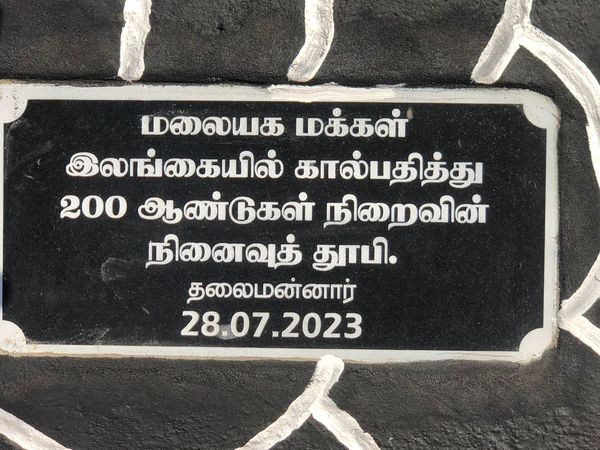
The Malaiyaha Tamils reside in all regions of the island nation, from the north to the east to the south. Each region presents a unique problem to the labouring people, and this coalition organisation is dedicated to understanding and solving each and every one of them. The entire walk is programmed to be from July 29th to August 12th, where the participants will gather at several areas to rest. At each new place that they arrive, a platform is dedicated to having dialogues, cultural activities, and intellectual research discussions aimed at understanding the struggles and history of the Malaiyaha Tamils who reside in those specific locations. This powerful march is meant to be an emblem of strength and self-respect for the Malaiyaha Tamils. It is not an act of begging for pity or condolences, but a collective conscious mobilisation to claim their political rights, their identity, and their history.
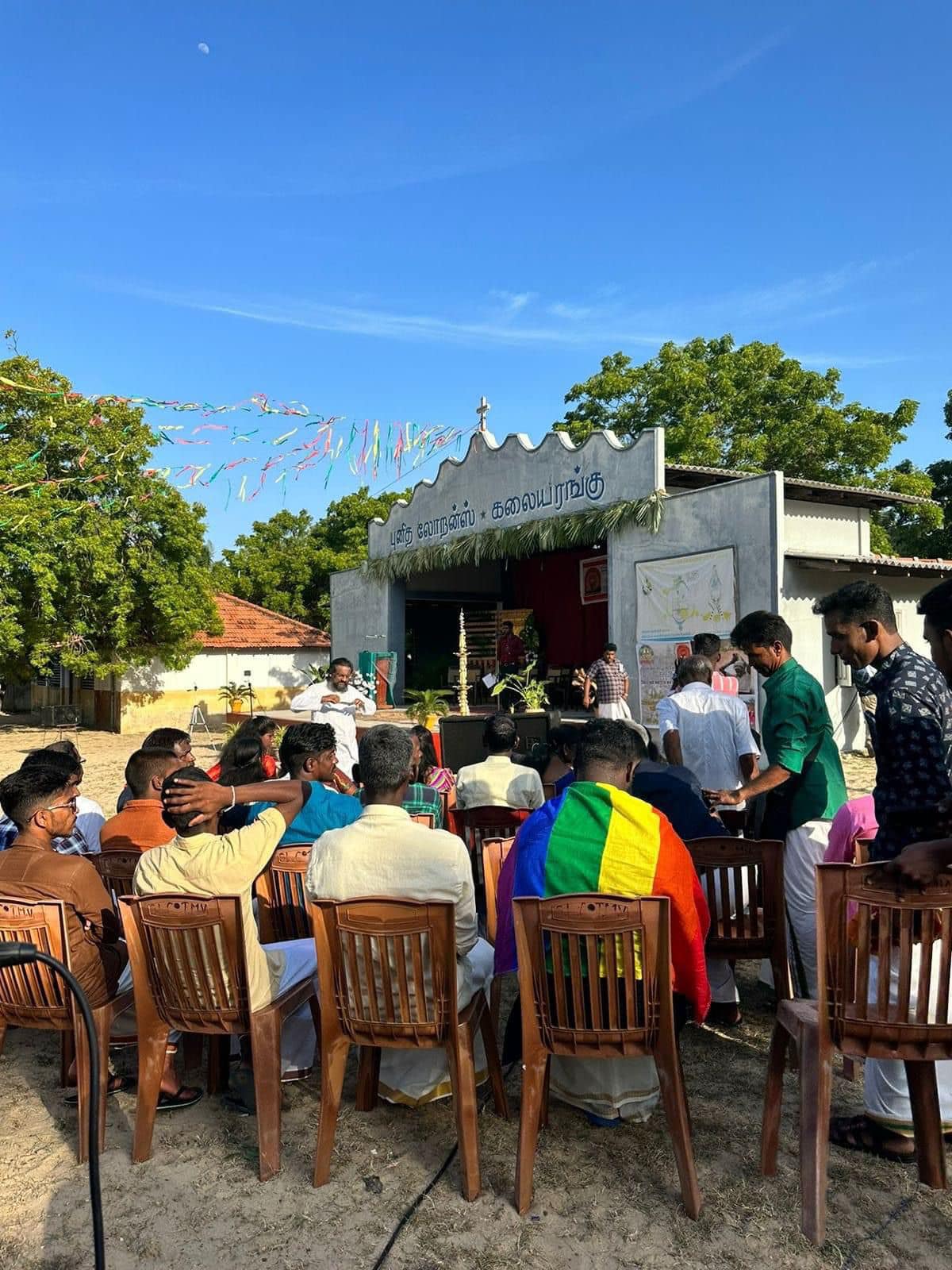
Of a total of about 4 250, 000 gross Indians emigrants to Malaya between 1886 and 1957, nearly 750 000 were estimated to have died; and of about 1, 447, 000 emigrants to Ceylon in the early years of 1843-1867 350, 000 were unaccounted for and presumed dead.
- Gail Omvedt. Migration in colonial India: The articulation of feudalism and capitalism by the Colonial State
In 1823, the first indentured labourers to be brought to Colonial Ceylon arrived on the coast of Talaimannar, and it has been recorded that nearly 45 000 of these men and women died either on the journey from Tamil Nadu to Ceylon or through other violence they faced on the island itself. The collective of this movement wants to show the Sri Lankan government how instrumental the struggles of their ancestors were to the economic growth of Sri Lanka.
The Malaiyaha Tamils have an incredible history of agitating against exploiters; their lives are a weapon forged by the spirit of liberation. They have devoted their lives not only to the emancipation of their own people and the liberation of the Sri Lankan nation, but their struggle is an international war against tyranny and exploitation. Their history bears the weight of their undying devotion to liberty, democracy, and freedom. This history of political mobilisation, cultural heritage, and philosophical methodologies is the soul of the Malaiyaha people; that is what they want to lay bare to the masses. Their long, proud, and valiant history and struggles as the Malaiyaha community should be recognised and celebrated by the Sri Lankan government, civil society, and the international community as a whole.
Image Source Marisa DS Facebook
The collective demands the government respect the dignified national identity of the Malaiyaha Tamils. They are a people with their own politics, values, cultures, and language. The coalition urges the government and civil society to not flatten and reduce issues faced in employment, education, and land without a complex understanding of the people. Every political, economic, and social problem should be analysed on a more molecular scale so they can understand the needs of each community. The Malaiyaha Tamils, Muslims, Eelam Tamils, and Sinhalas all have unique political and cultural problems that need to be analysed in a dialectical manner.
Malaiyaha Tamils want their people to receive living wages, to be protected by the law, and to be treated with dignity by employers. They want their children to be educated in their mother tongue, Tamil. They want their language to be recognised and treated with honour by the government. In recent times, the number of Malaiyaha Tamil women who work as domestic labourers, both within the country and in foreign nations, has risen. These labouring women should be protected at all costs; they should receive fair wages and work in humane conditions. These are some of the most crucial things that have been put forward by the Maanbumigu Malaiyaha Collective.
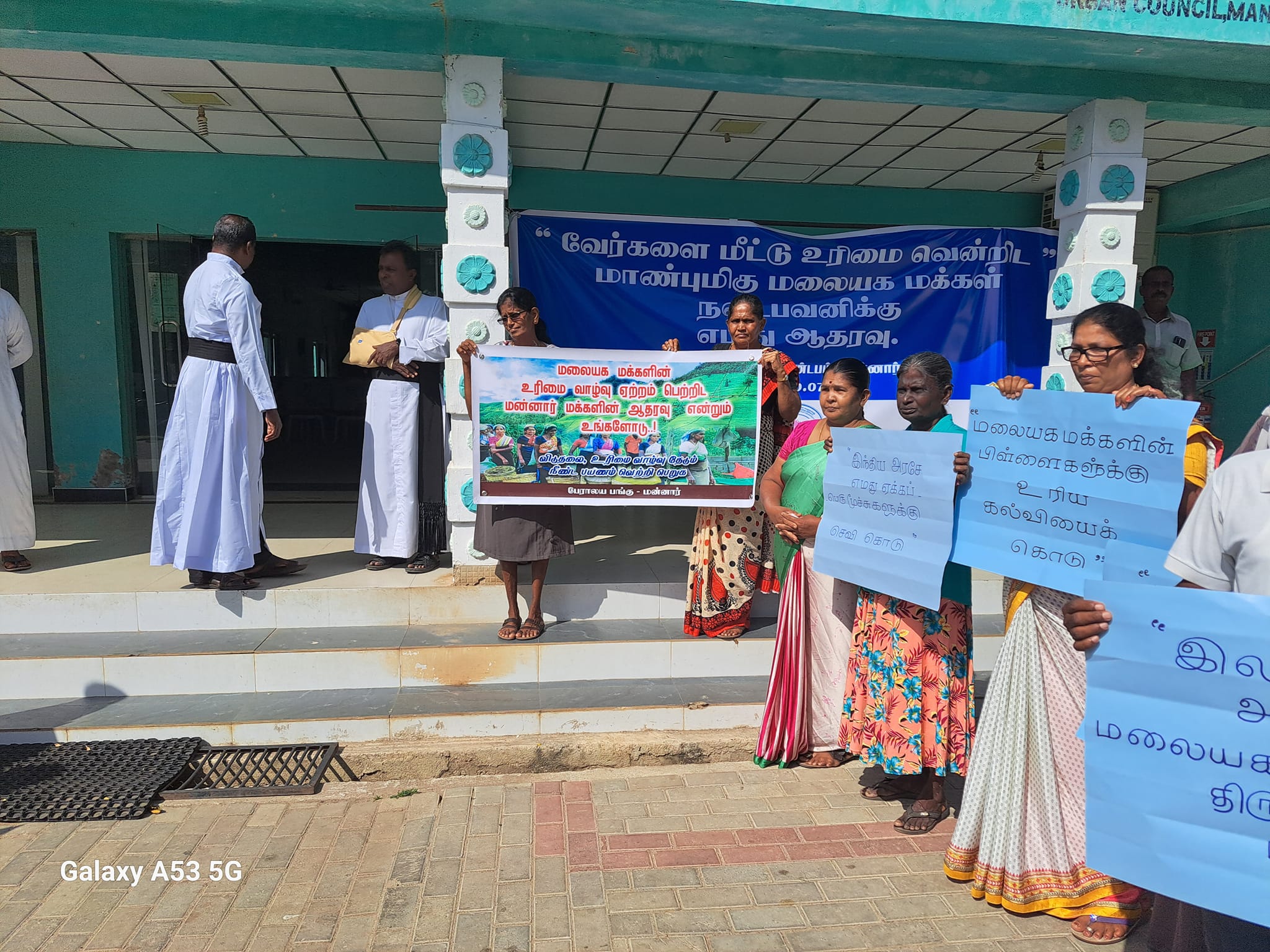
This march saw people from various faiths and communities come together to show unwavering love, hope, and solidarity for the liberation of the Malaiyaha Tamils. This expression of political solidarity and fraternity between communities is an important sight to witness, for it is foundational to creating a popular front for political change to happen in the island nation. The march has also been joined by several elderly people, who, despite the long walk and their blistered feet, were committed to participating in this significant celebration of their history and mobilisation for the future of their political sovereignty.
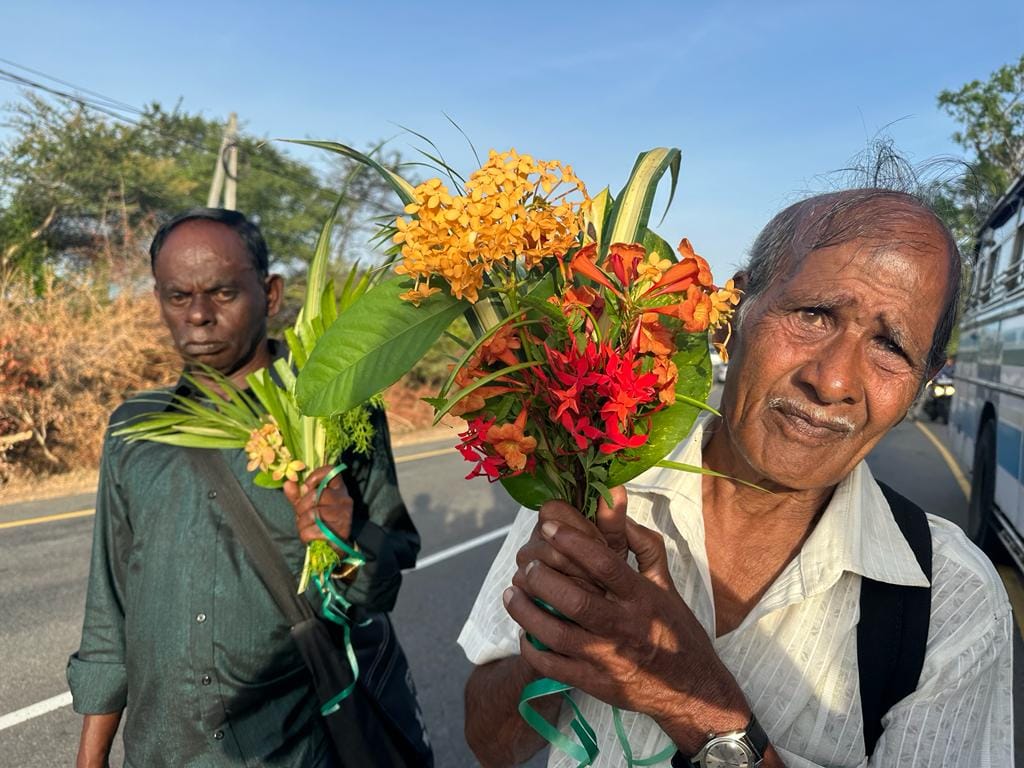
The struggles and violence of the Malaiyaha Tamils are the same ones shared by nearly all Tamils who are descendants of indentured labourers. Their social, economic, and political deprivations are ones that are produced by the ethnic, caste, religious, and capitalist nature of the global imperialist system. All working people, the oppressed masses of the world, and those who believe in democracy should show their unwavering solidarity to these courageous people who dare to fight for their liberty.
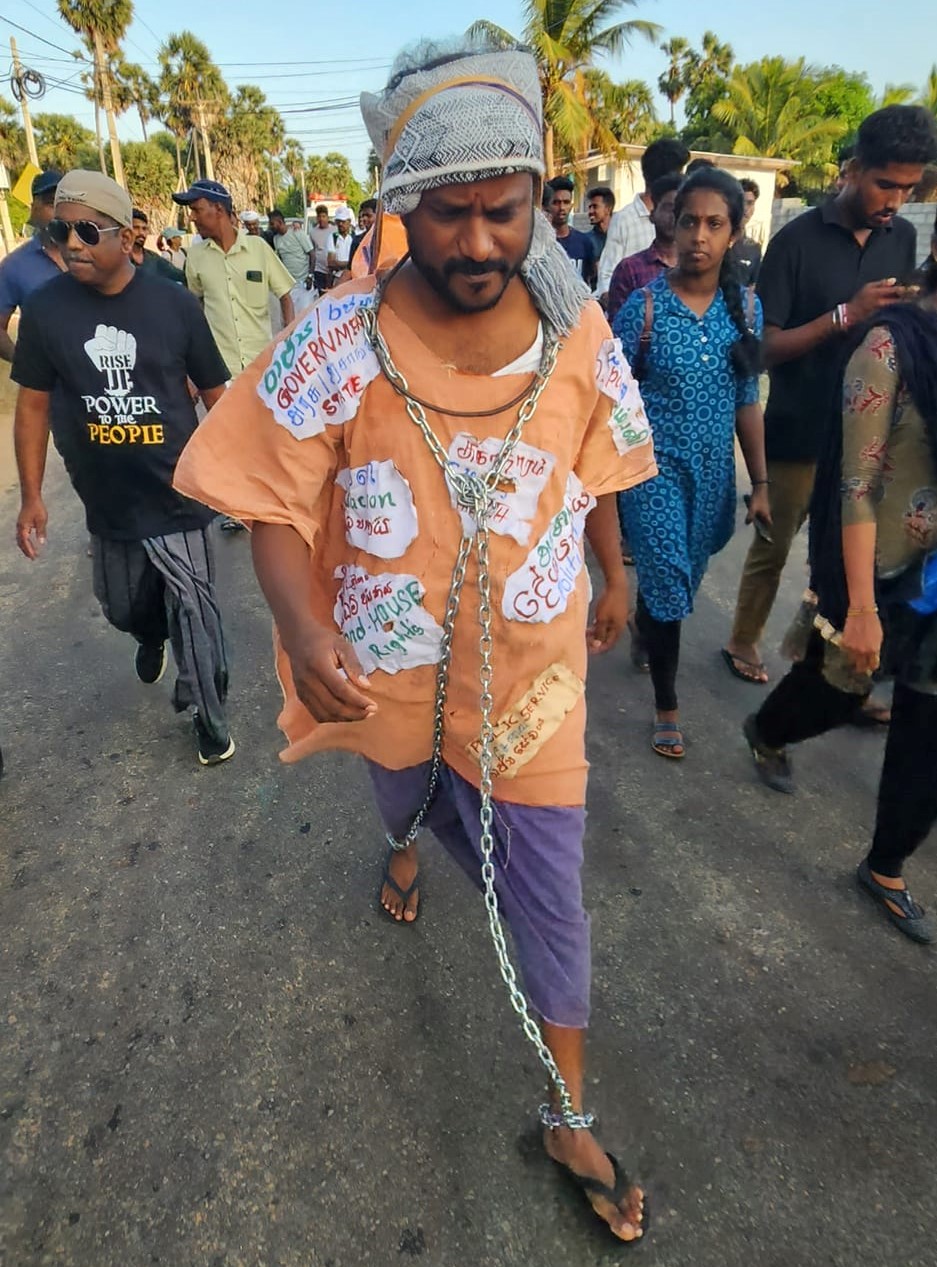
Source: Maanbumigu Malaiyaham Facebook
Follow us on Instagram, Facebook or Telegram for more updates and breaking news.


